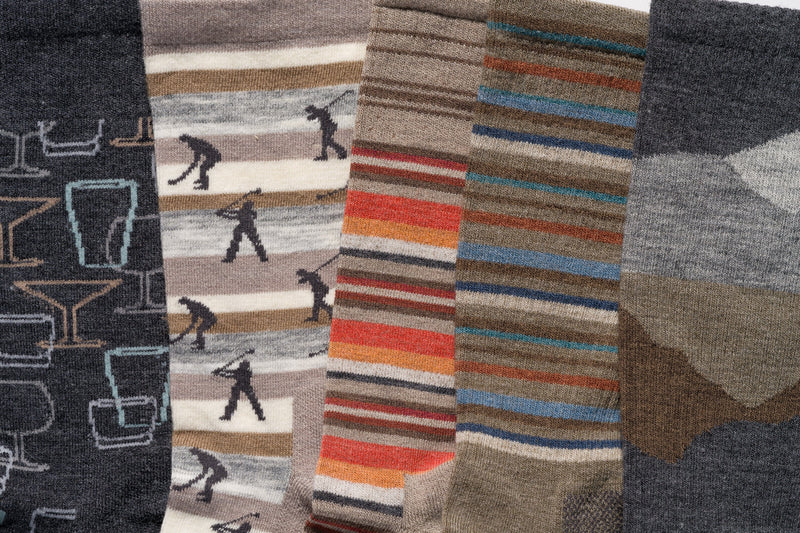
Alpaca Wool: The Ultimate Fiber for Warmth, Comfort, and Sustainability
When it comes to natural fibers, alpaca wool is an unsung hero that outperforms many other popular materials. Whether you’re an outdoor enthusiast, fashion-conscious, or an eco-friendly consumer, alpaca wool offers benefits that are hard to ignore. Warmer than merino wool, softer than cashmere, and exceptionally eco-friendly, alpaca wool is the future of sustainable and luxurious clothing.
Warmth and Insulation
Alpaca wool is known for its impressive warmth. It’s up to seven times warmer than merino wool, thanks to its unique fiber structure. Alpaca fibers have hollow cores that trap air, providing superior insulation without adding bulk. This makes alpaca wool ideal for cold-weather garments and outdoor gear.
Whether you’re hiking in the mountains or just trying to stay cozy during a chilly winter day, alpaca wool will keep you warmer than merino wool. Its lightweight yet insulating properties make it perfect for both active and everyday wear.
Superior Moisture-Wicking Abilities
One of alpaca wool’s standout features is its ability to wick moisture off the body. In fact, it does this 85% more effectively than merino wool. Moisture-wicking refers to how well a fabric can pull moisture (like sweat) away from your skin and allow it to evaporate, keeping you dry.
This moisture management makes alpaca wool perfect for anyone who enjoys outdoor activities like skiing, hiking, or even jogging. You’ll stay dry and comfortable, even during more intense physical exertion. It’s also great for layering, as the wool works to keep your body at a stable temperature by regulating both heat and moisture.
The Most Eco-Friendly Natural Fiber
Alpaca wool is not only beneficial for you—it’s better for the planet too. It’s considered the most eco-friendly natural fiber available. Alpacas are gentle on the environment; they have soft, padded feet that cause minimal impact on the soil and they consume less water and food than sheep or goats, making them a low-impact animal to raise.
In terms of production, alpaca wool requires fewer chemical processes than other fibers. It’s naturally hypoallergenic, so it doesn’t need to be treated with harsh chemicals. The minimal environmental footprint combined with the longevity of alpaca wool garments makes it an excellent choice for eco-conscious shoppers who are looking to reduce their carbon footprint.
Softer Than Cashmere
While cashmere is often considered the epitome of softness, alpaca wool gives it a serious run for its money. In fact, alpaca wool is often softer than cashmere, but with added durability. The fibers are silky and smooth to the touch, meaning that garments made from alpaca wool feel luxurious against your skin without the same degree of pilling that cashmere tends to suffer from over time.
What’s more, alpaca wool offers this softness without the environmental or ethical concerns that can come with cashmere production, which is often resource-intensive and involves unsustainable farming practices.
Antimicrobial and Odor-Resistant
Another amazing benefit of alpaca wool is its natural antimicrobial properties. The fibers resist bacteria and odors, meaning your alpaca wool clothing stays fresher for longer. This makes it perfect for active wearers or those who don’t want to wash their garments after every use.
Thanks to its antimicrobial properties, alpaca wool clothing requires less frequent washing than other materials, which further extends the lifespan of your garments and reduces water and energy consumption in the long run.
Conclusion
Alpaca wool is a versatile and sustainable fiber that offers a range of benefits, from warmth and moisture-wicking abilities to incredible softness and eco-friendliness. Whether you’re exploring the great outdoors or looking for a luxurious addition to your wardrobe, alpaca wool has you covered.



